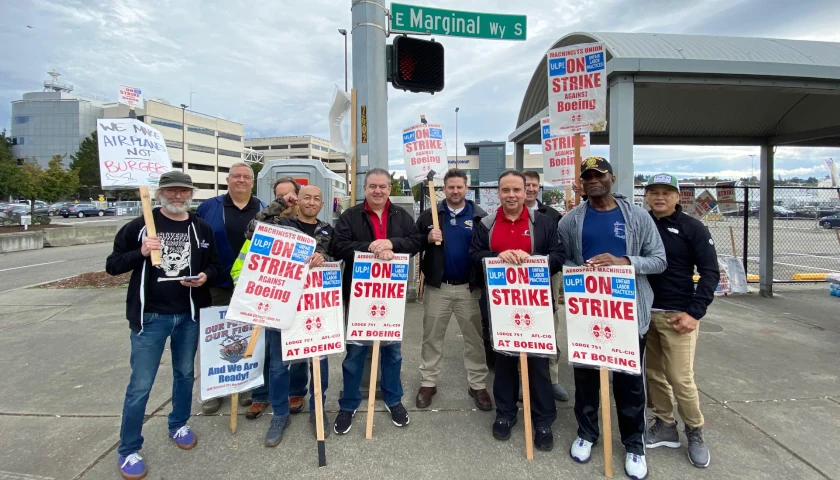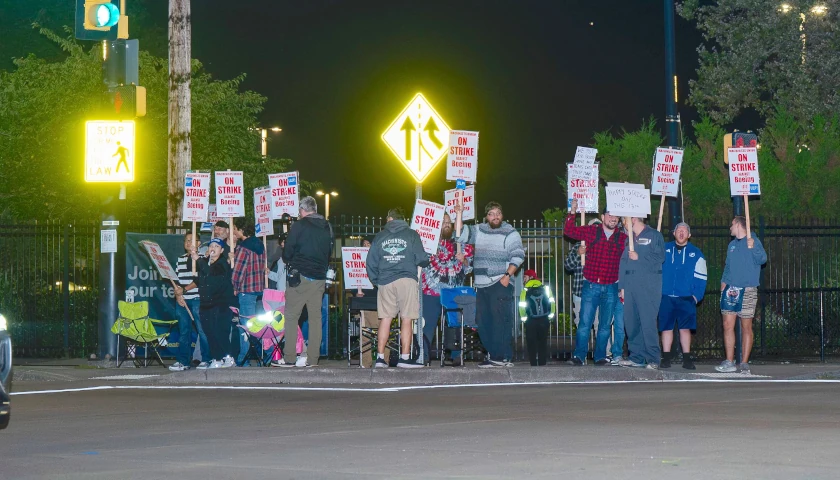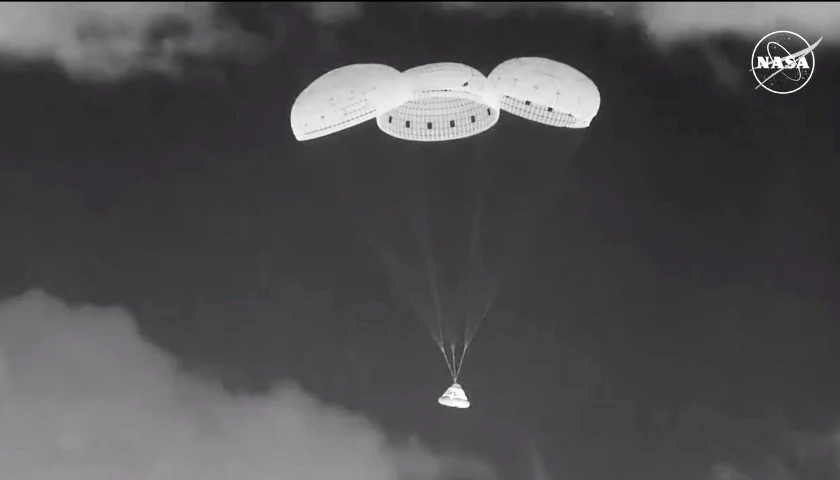by Jake Smith
The Air Force has been overpaying for basic soap dispensers for its aircraft fleet — to the tune of nearly $150,000 in extra costs, according to the Pentagon’s watchdog agency.
The Department of Defense’s Office of Inspector General (OIG) launched an investigation into the Air Force’s expenditures on spare parts for its fleet of C-17s, the military’s largest transport aircraft. The investigation report, released on Tuesday, found that not only had Air Force officials massively overpaid by hundreds of thousands of dollars for some spare parts, but spent 7,943 percent more than it should have on soap dispensers for restrooms on the aircraft, or “more than 80 times the commercially available cost.”
 The units were sold to the Air Force by Boeing. Though the OIG report retracted the unit cost of the soap dispensers in question, a review of prices of various commercial soap dispensers is roughly between $10 and $50 dollars on average, depending on the make and model of the product.
The units were sold to the Air Force by Boeing. Though the OIG report retracted the unit cost of the soap dispensers in question, a review of prices of various commercial soap dispensers is roughly between $10 and $50 dollars on average, depending on the make and model of the product.
The spending fiasco occurred because the Air Force officials did not “validate the accuracy of data used for contract negotiation,” “conduct contract surveillance to identify price increases during contract execution” or “review invoices to determine fair and reasonable prices before payment,” according to the OIG report.
“In addition, the DoD did not provide clear guidance to the contracting officer to verify the accuracy of the bill of materials before negotiation or to review invoices for allowable, allocable, and reasonable costs before payment,” the report reads.
The problem extends beyond the soap dispensers, however. For example, the Air Force overpaid for pressure transmitters for C-17s by 3,556 percent and machine screws by 10,319 percent, according to the report. Even basic items like protective tape units were bought at a price tag 200 percent higher than they should have been.
In total, the Air Force overpaid $992,856 for 12 different C-17 spare parts, according to the report.
The OIG recommended the Air Force ensure that pricing and contract negotiation measures are better followed, as well as more stringent oversight of the negotiating process with Boeing. The relevant officials agreed with the OIG’s recommendations.
Boeing cooperated with the OIG during the investigation but refused to agree to publicly release the unit prices of the items in question, so they were retracted from the report.
“Until the Air Force establishes controls to require contracting officials review spare parts purchases throughout the execution of the contract, the Air Force will continue to overpay for spare parts for the remainder of” its active contracts with Boeing, the report reads. “The Air Force overpaying for spare parts may reduce the number of spare parts that Boeing can purchase on the contract, which could reduce C‑17 readiness worldwide.”
– – –
Jake Smith is a reporter at Daily Caller News Foundation.






Years ago, Wisconsin Senator Bill Proxmire was a true watchdog for taxpayers being abused. He gave out what was called the “Golden Fleece Award” to organizations, DOD, USAF and so on, if they were fleecing the American public. Many of his findings were actually employees and auditors who confidentially shared the abuses with his office. Hopefully with President Trump’s re-election, he will have Elon Musk independently assess government for fiscal abuse. Hopefully too, he will reinstate or create an independent entity to catch abuses such as this one by the USAF. I am sure we will see the size of the Federal government shrink as an outcome. We need President Trump back in the Oval Office in January.